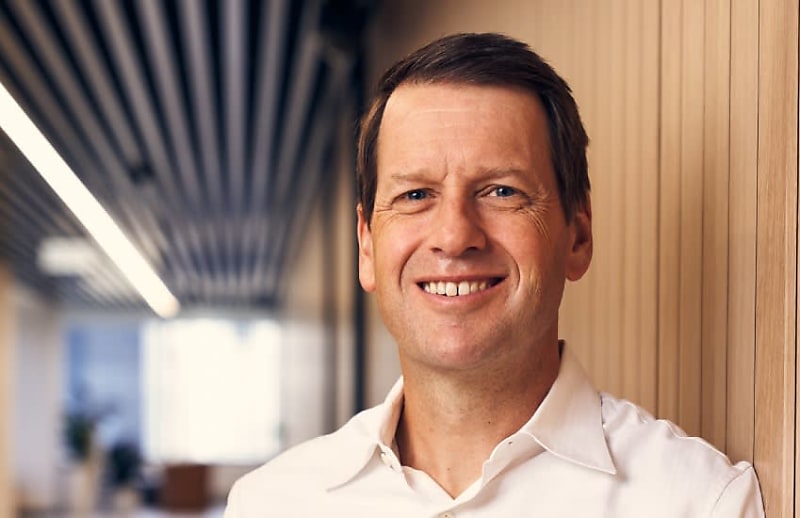Revised program should prioritise accounting and finance professionals, CEO says.
26 June 2025
New Broker Academy 2025
Uncover a new world of opportunity at the New Broker Academy 2025If you’re ready for a career change and are looking...
KNOW MORERevised program should prioritise accounting and finance professionals, CEO says.

CPA Australia will call for an increase in skilled migration and a streamlined application process to address the huge demand for accountants during a virtual event today ahead of this week’s Jobs and Skills Summit.
The online forum, organised by the Australian Small Business and Family Enterprise Ombudsman, will present strategies from a range of small business bodies to the Minister for Skills and Training, Brendan O’Connor.
An advanced copy of briefing notes for CPA Australia chief executive Andrew Hunter reveal a push to raise the cap on skilled migrants, particularly accounting and finance professionals, as local student numbers decline.
“Before the pandemic, skills shortages in the accounting profession were already an issue,” he will say. “The current situation is now critical. Latest data shows there’s a huge, unmet demand, with job advertisements for accountants increasing by 34 per cent in the year to June 2022.
“Tough economic times mean accountants are in huge demand but the homegrown supply of accounting and finance professionals falls far short of meeting this demand.”
“We need to increase the cap on highly-skilled migrants. Skilled migrants’ contribution to employment and growth are enormous. They’re currently filling skills shortages that will keep growing - especially as the economy rebounds.”
CPA Australia said ABS figures showed migrant accountants had a 100 per cent labour force participation rate against a 93 per cent figure for skilled migrants overall.
Meanwhile the latest data from SEEK, also due out today, shows no let up with job ads for accounting roles rising almost 30 per cent over the year to July but the average number of applications-per-ad falling.
Mr Hunter will say a revised skill intake program is vital to solve the problem with no accountants processed under the independent skills visa stream in the past two years.
“Since the pandemic hit, accountants haven’t been invited to express their interest in migrating under the skilled independent points tested pathway, accounting is on the PMSOL (priority migration skilled occupation list), but it’s restricted to employer-sponsored migration.
“We need to encourage permanent skilled migration. We need to reconsider ‘temporary’ student visas, focusing on ‘permanent’ opportunities. We want short-form credentials recognised for skilled migrants.
“And we need a review of the migration program to improve efficiency, including visa processing and the timeline – it can take over two years!”
Another aspect of the strategy would focus on encouraging more students embrace vocational training.
“The continued downward trend of domestic tertiary studies in accounting means it will be tough to close the skills gap, students leave Australia after graduating because of temporary student visas,” Mr Hunter will say.
“We want free or highly subsidised vocational training in areas of crucial short-term need to increase the labour pool and reduce skills shortages. We need to encourage more people to complete courses in areas of skill shortages.”
A further requirement is the need to improve the technology skills of small businesses.
“Australian small businesses are digital laggards among the Asia Pacific. We’d like the government to provide more funding to increase technology training for small businesses.
“This economic climate allows government to incentivise them to invest in capital, rather than scarce labour, for efficiency. Capital investment should be encouraged, so digitisation and automation can help relieve pressure on the job market.
“We want the government to confirm they’ll proceed with the digital skills and tech deduction boosts announced by the previous government.”
Comments will undergo moderation before they get published.
Uncover a new world of opportunity at the New Broker Academy 2025If you’re ready for a career change and are looking...
KNOW MOREGet breaking news
 Login
Login
